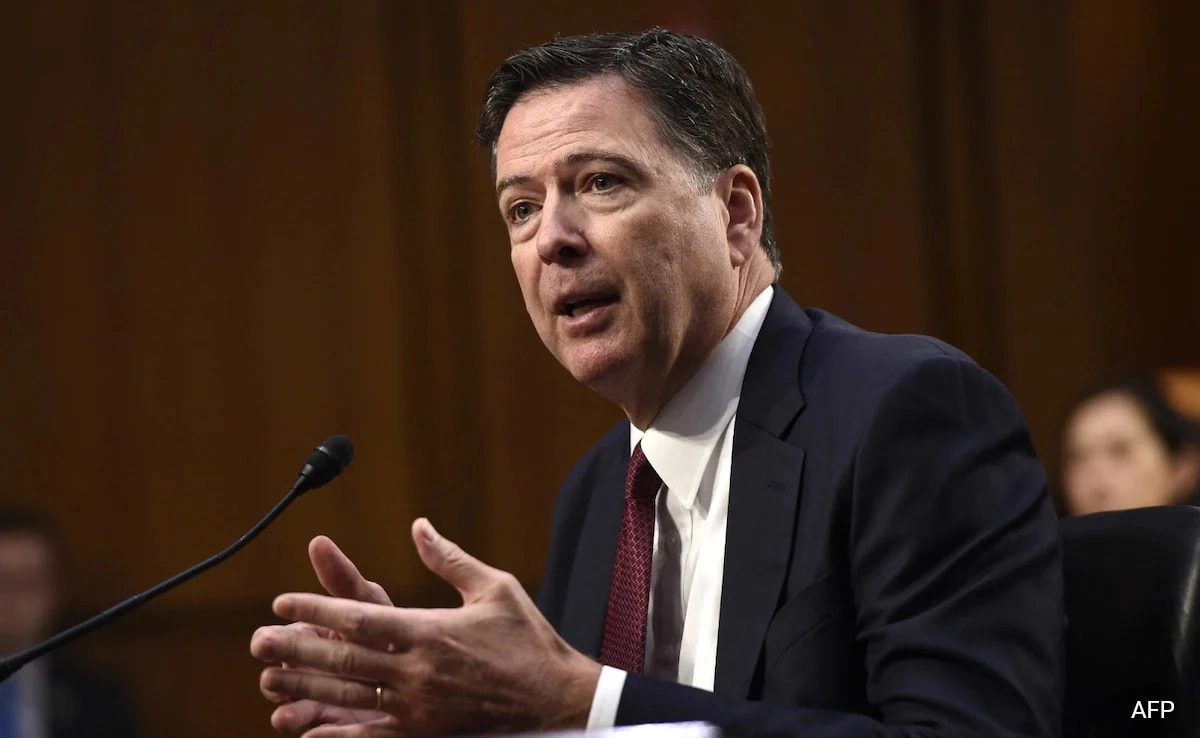James Comey, the former director of the Federal Bureau of Investigation (FBI), has recently found himself in the spotlight once again due to a controversial social media post that referenced “8647” in relation to former President Donald Trump. Comey, who served as FBI chief from 2013 until his dismissal in 2017, has been a polarizing figure in American politics, particularly due to his role in investigating Trump and the 2016 presidential election. His tenure at the FBI was marked by significant events, including the investigation into Hillary Clinton’s email server and the inquiry into Russian interference in the election, both of which have had lasting implications on U.S. politics.
The “8647” post, which has sparked considerable debate, is interpreted by many as a cryptic message regarding Trump’s political future or the ongoing investigations surrounding him. Comey’s decision to share such a post has raised eyebrows, prompting discussions about the appropriateness of a former FBI director commenting on a political figure in such a manner. Critics argue that it undermines the independence and integrity of the FBI, while supporters may view it as Comey exercising his right to speak out against what he perceives as misconduct.
Comey’s reputation has been shaped by his principled approach to law enforcement, yet his actions have led to accusations of partisanship and have drawn scrutiny from both sides of the political spectrum. His post is emblematic of the deep divisions in American society regarding political discourse and the role of law enforcement in politics. As he continues to navigate the complex landscape of public opinion, Comey’s actions and statements remain a focal point of discussion, illustrating the ongoing impact of his leadership at the FBI and the ramifications of his involvement in high-stakes political events.
In the context of current political dynamics, Comey’s recent commentary could signal a broader trend of former officials engaging in the discourse of contemporary issues. While some may view this as a necessary engagement, others caution against the potential erosion of the traditional boundaries that have historically separated law enforcement from political commentary. As debates surrounding accountability and transparency continue, Comey’s actions will likely remain a topic of interest for political analysts and the public alike, reflecting the ongoing complexities of governance and the interplay between personal convictions and professional responsibilities.




